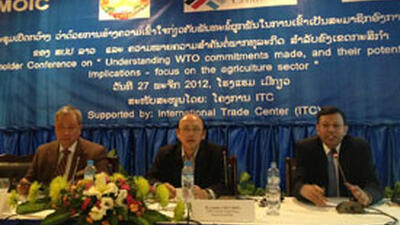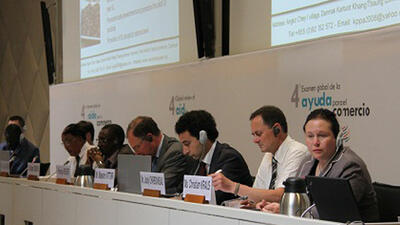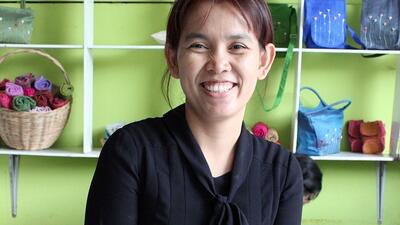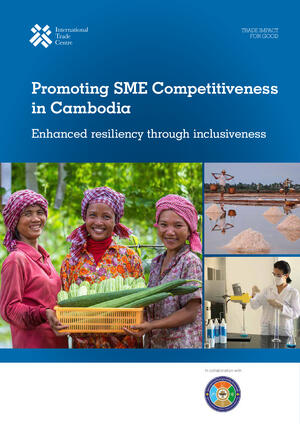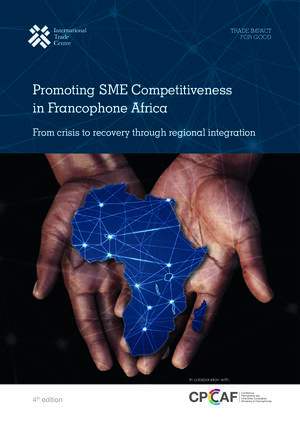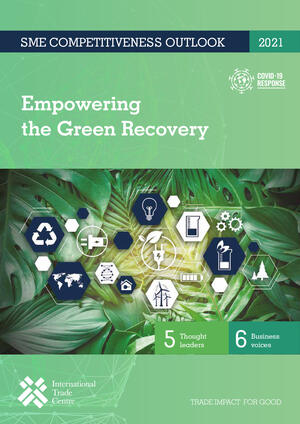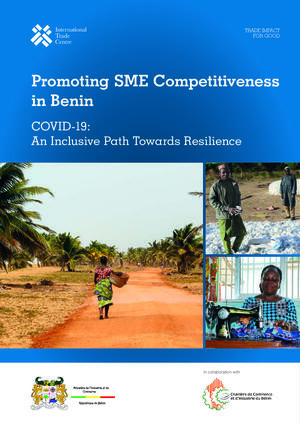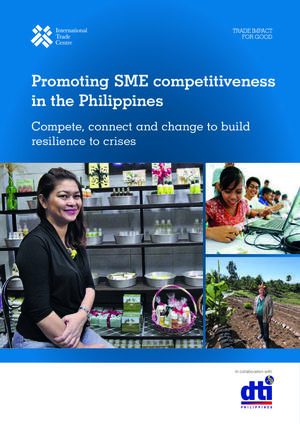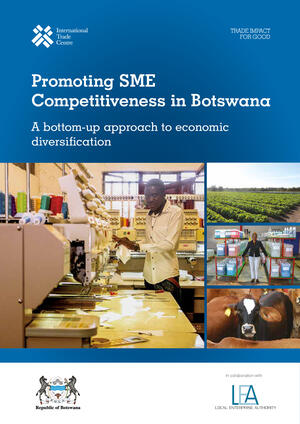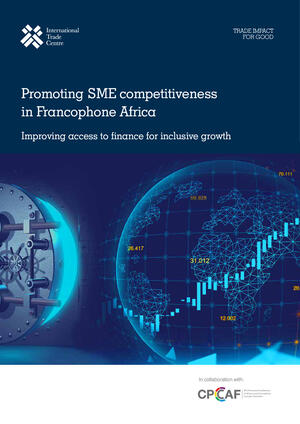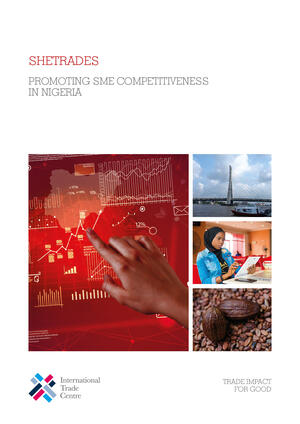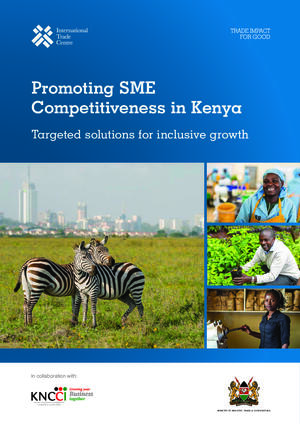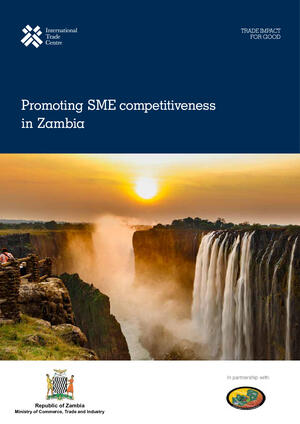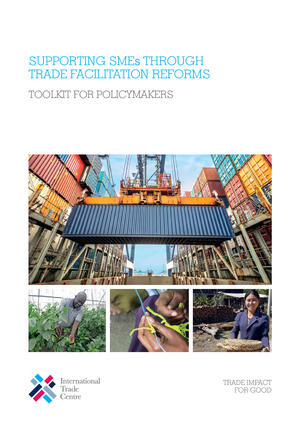Cambodian small firms are more resilient with information from business support organizations
Cambodian small firms do better when they have access to networks and market information from business support organizations, according to a new ITC report.
Cambodian firms that engage with business support organizations have better access to information on COVID-related assistance programmes for small firms, according to a new ITC report. Collaboration with peers facilitates access to market information and allows companies to adapt with targeted products and alternate suppliers or markets.
The report, Promoting SME Competitiveness in Cambodia: Enhanced resiliency through inclusiveness, was developed with Cambodia’s Ministry of Industry, Science, Technology and Innovation.
It analyses the business performance of small Cambodian firms, focusing on their access to information from business support organizations. An SME competitiveness survey of 400 businesses across Cambodia took place between December 2019 and August 2020. Between June and August 2020, 272 respondents took part in a follow-up interview about the impact of COVID-19 on their businesses.
While 31% of firms that connect to business support organizations reported effortless access to government relief programme information, only 1% of those not engaged with such organizations reported the same. Such information helps small firms survive the pandemic.
‘New government initiatives assist firms to manage the crisis and adapt to changing conditions. Going forward, the government, business support organizations and firms need new approaches to new challenges. Policy on SMEs and the business environment will play a major role in shaping the response to the pandemic and in building back better,’ said Pamela Coke-Hamilton, ITC’s Executive Director.
Business networks bring timely information for business resilience
More than half of the firms surveyed frequently collaborate with other firms in their sector. They reported high availability of information on potential buyers (56%) and suppliers (50%). In contrast, fewer than 10% of firms that rarely collaborate reported high information availability.
Timely market information helps these firms adapt to a rapidly changing economic environment, such as the current global markets and supply chains influenced by the pandemic.
The report also suggests that customer information helps companies target advertising and offer more relevant products and services. Surveyed Cambodian firms with better information about buyers were more likely to advertise their business (82%) than those lacking such information (68%).
Multiple suppliers also help companies adapt to market changes. Firms dependent on one supplier were more likely to anticipate shutting down their businesses within a few months of the pandemic onset (25%) than those with a more diversified base of suppliers (6%).
The survey also analyzed other potential gaps in firm performance, such as a conducive business environment for small firms that prioritizes business networks, innovation, access to finance and financial management capacities, skills development and job matching.
As with many countries, COVID-19 has hit Cambodia’s economy hard. Its small and medium-sized enterprises represent 99% of registered businesses and employ about 70% of the workforce. Their dynamism and ability to innovate are critical to the country’s economic recovery.
The national study findings are similar to those in a global business survey conducted for ITC’s SME Competitive Outlook 2021.





